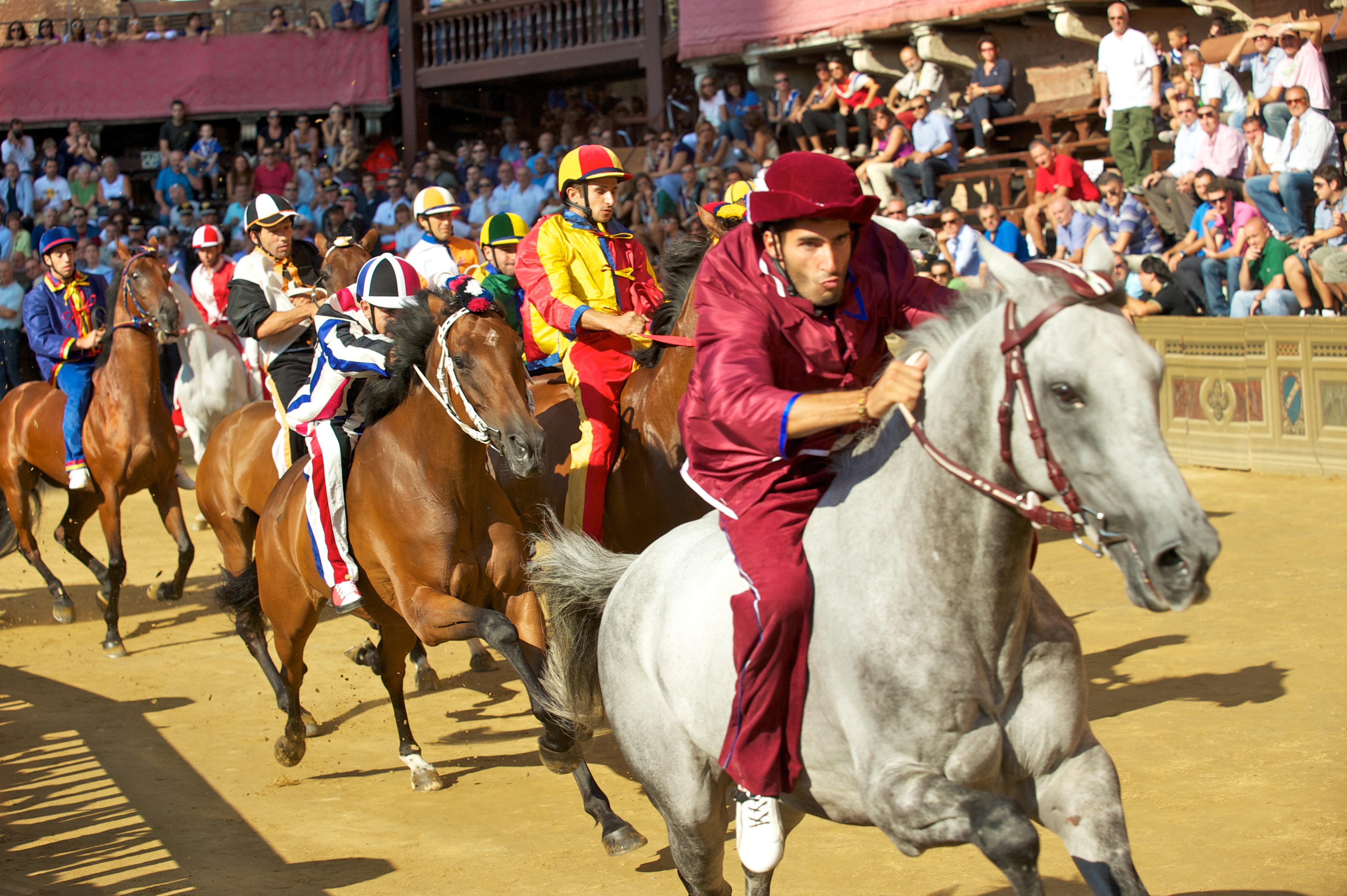|
Strenna
Strenna or Strenna di Natale is a gift that is usual to make or receive in Italy at Christmas time. This custom comes from the tradition of ancient Rome which involved the exchange of gifts of good wishes during the Saturnalia, a series of festivities that took place each year between 17 and 23 December, in honor of the god Saturn (mythology), Saturn and preceding the day of the ''Natalis Solis Invicti''. The term derives from the Latin ''Strena'', word probably of Sabine origin, with the meaning "gift of good luck." According to Varro, the use was adopted as early as the first foundation of the City, set up by Titus Tatius who first caught, as good augur for the new year, the twig of a plant (''arbor felix'') located in the woods sacred to the goddess Strenia; from this derived the term ''strenae'' for the gifts of various kinds, including coins, to be exchanged in the feast of Saturnalia. In the publishing field, in the nineteenth century, ''strenna'' was also a collection of p ... [...More Info...] [...Related Items...] OR: [Wikipedia] [Google] [Baidu] |
Italian Traditions
Traditions of Italy are sets of traditions, beliefs, value (ethics), values, and Convention (norm), customs that belongs within the Culture of Italy, culture of Italian people. These traditions have influenced life in Italy for centuries, and are still practiced in modern times. Italian traditions are directly connected to Italy's ancestors, which says even more about Italian history. Overview Christmas Christmas in Italy () is one of the public holidays in Italy, country's major holidays and begins on 8 December, with the Feast of the Immaculate Conception, the day on which traditionally the Christmas tree is mounted and ends on 6 January, of the following year with the Epiphany (holiday), Epiphany (), and in some areas female puppets are burned on a pyre (called ''Bonfire, falò''), to symbolize, along with the end of the Christmas period, the death of the old year and the beginning of a new one. 26 December (Saint Stephen's Day, in Italian ), is also a Public holiday ... [...More Info...] [...Related Items...] OR: [Wikipedia] [Google] [Baidu] |
Strenia
In ancient Roman religion, Strenua or Strenia was a goddess of the new year, purification, and wellbeing. She had a shrine ''(sacellum)'' and grove ''(lucus)'' at the top of the Via Sacra. Varro said she was a Sabine goddess. W.H. Roscher includes her among the '' indigitamenta'', the lists of Roman deities maintained by priests to assure that the correct divinity was invoked in public rituals. The procession of the Argei began at her shrine. On January 1, twigs from Strenua's grove were carried in a procession to the citadel ''(arx)''. The rite is first noted as occurring on New Year's Day in 153 BC, the year when consuls first began assuming their office at the beginning of the year. It is unclear whether it had always been held on that date or had been transferred that year from another place on the calendar, perhaps the original New Year's Day on March 1. The name ''Strenia'' was said to be the origin of the word ''strenae'' (preserved in French '' étrennes'' and Italian ... [...More Info...] [...Related Items...] OR: [Wikipedia] [Google] [Baidu] |
Torino - Biblioteca Reale 0599
Turin ( , ; ; , then ) is a city and an important business and cultural centre in northern Italy. It is the capital city of Piedmont and of the Metropolitan City of Turin, and was the first Italian capital from 1861 to 1865. The city is mainly on the western bank of the River Po, below its Susa Valley, and is surrounded by the western Alpine arch and Superga hill. The population of the city proper is 856,745 as of 2025, while the population of the urban area is estimated by Eurostat to be 1.7 million inhabitants. The Turin metropolitan area is estimated by the OECD to have a population of 2.2 million. The city was historically a major European political centre. From 1563, it was the capital of the Duchy of Savoy, then of the Kingdom of Sardinia ruled by the House of Savoy, and the first capital of the Kingdom of Italy from 1861 to 1865. Turin is sometimes called "the cradle of Italian liberty" for having been the political and intellectual centre of the ''Risorgimen ... [...More Info...] [...Related Items...] OR: [Wikipedia] [Google] [Baidu] |

